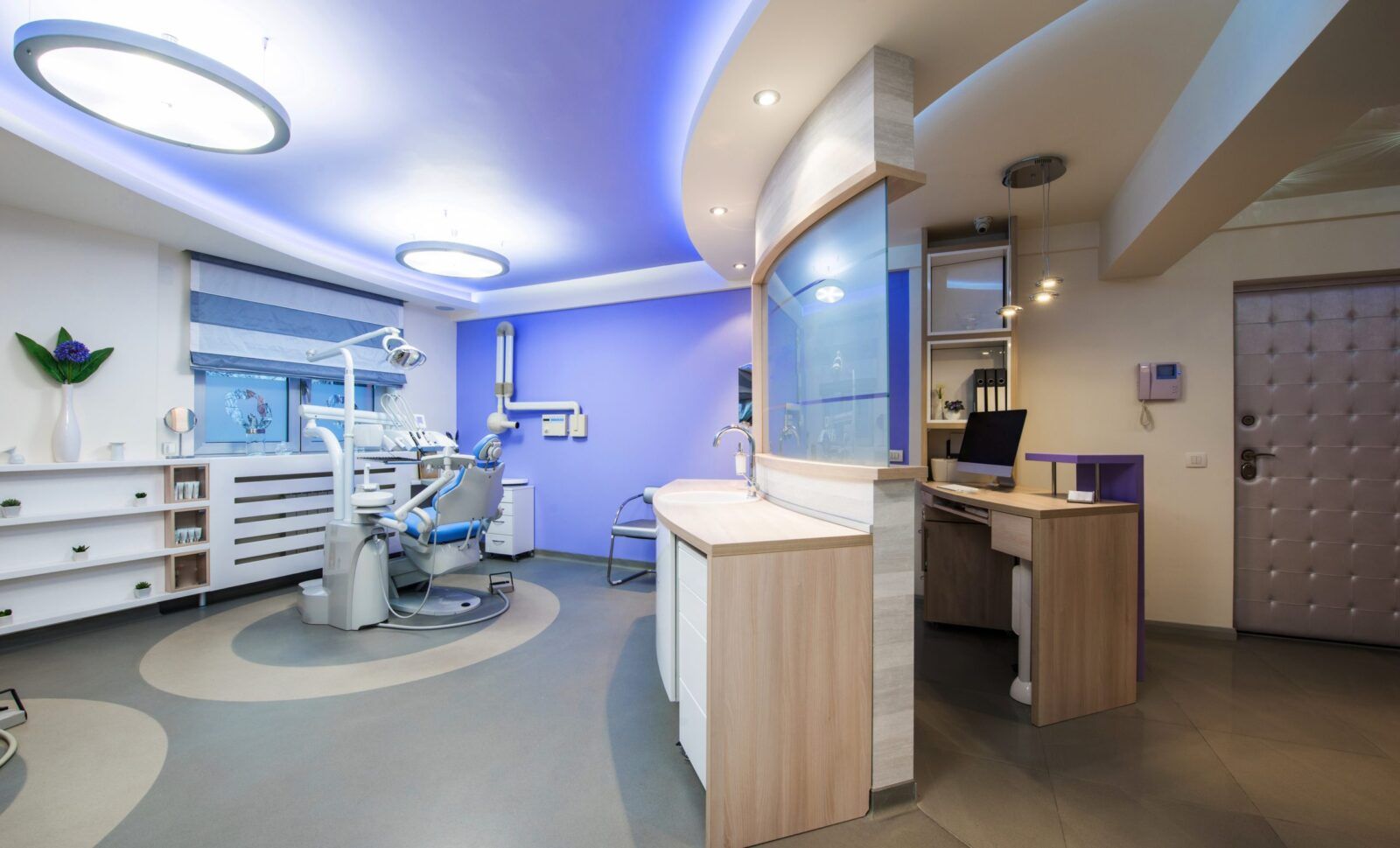Interested in Buying a Dental Practice? 5 Considerations to Keep in Mind

Buying a dental practice is often the most profound career milestone a dentist achieves.
However, this feat also comes with its fair share of challenges and considerations — whether selling through mergers & acquisitions or otherwise. Failure to proceed with caution can result in devastating financial consequences and squander your potential to build the dental practice of your dreams.
Before purchasing a practice, it’s important to first ensure that your philosophy and long-term vision are in line with the existing practice. Further, if you have never invested in a business, you may benefit from seeking the guidance of an experienced dental practice transition consultant. Such resources can help attest that the practice is in good legal, financial, and reputation standing. As for other important considerations, here are five additional things to consider when buying a dental practice.
Location
For many buyers, the desired location may be a given. However, it’s still an important consideration that can be viewed more granularly. For example, if you’re looking to buy a practice in the greater Atlanta area, then you’ll likely have a wider range of location-based options compared to buying a practice in a small town.
These more granular options, for example, may include dental practices for sale in more metropolitan-based areas of Atlanta, such as Peachtree Center, Old Fourth Ward, or Midtown. Alternatively, some buyers seek opportunities available outside of the city, such as in neighboring cities like Sandy Springs, Marietta, or Alpharetta. Not only does location influence a practice’s value, but it also reflects its growth potential. Points to consider may include the overall demographics of the area, the average annual salary of dentists, the ratio of dentists to the population you wish to serve, and the percentage of the population with dental insurance.
Aside from the practice itself, these considerations often hinge on where one lives, the nature of his or her lifestyle, and certain family variables. Additionally, a buyer’s willingness to relocate can certainly shape the number of options in buying a practice. For buyers with families, the feasibility of uprooting and moving to another city or state may not be a plausible option. However, having greater flexibility may offer rewards.
Long-Term Cash Flow Potential
On the subject of growth potential, another significant consideration is long-term cash flow potential. It’s important to consider this factor both now in the practice’s current financial state and also into the future; as long-term cash flow potential may be different from how the practice is doing at the time of purchase. The latter should factor-in external variables, such as the economic health of the location, but also internal factors that you as the buyer can control.
For the former external variables, carefully assess the region’s job market, demographics, crime rates, and overarching trends that could affect the number of patients in your area. You may also want to analyze the local competition and assess whether competitors are expanding or retreating.
As for the latter internal factors, the changes you implement upon taking over a practice could influence the future profitability and cash flow potential. This may include changes you foresee in regards to marketing and advertising, staff, introducing new technology and services, and overall patient experience.
While long-term cash flow potential can be difficult to project, you don’t necessarily need a tangible number or figure to shape your decision. In many cases, conducting a bit of research on a potential practice for sale and evaluating the latter variables can lend to valuable insights that indicate its true cash flow potential.
Existing Patient Base
When assessing the viability and growth potential of a dental practice, there are a few common metrics to consider. This largely depends on the existing patients of practice — not only demographics but also the timeliness in which they pay their bills — the payment methods accepted, and the amount of profit that’s being generated.
While financial metrics are significant, understanding the demographics behind the existing patient base might be the most important consideration of all. For instance, young dentists buying an established practice with older patients may encounter some initial attrition from patients who are reluctant to trust their dental care with anyone less experienced than their previous provider.
Conversely, a practice with a widespread patient base, or one that hosts younger patients, may yield more opportunities for growth and sustaining greater retention and loyalty. It’s considerations like these that overlap into other variables like location and long-term cash flow potential.
Existing Staff
A purchasing dentist generally inherits the existing staff, including hygienists, dental assistants, receptionists, and billing professionals. In many cases, the existing staff are embracing of new practice owners and the positive changes they can expect. However, in other unfortunate scenarios, this may be alienating and a source of frustration as the current staff will likely know each other better than the new dentist knows them.
It’s important to consider how you’ll utilize the staff as a resource and an ally, and ultimately build the trust of existing staff within the practice. This can be a significant hurdle to get past the initial learning curve of working together and thrive.
In most cases, the established staff will be able to offer valuable insights about the existing patients and processes. Specifically, they may be able to shed light on existing billing issues, administrative bottlenecks, and ideas on how to drive new prospective patients to the office.
Partnerships
While investing in a dental practice alone means not having to share profits, it also means not sharing the time, effort, and challenges of managing and growing a practice. The consideration to recruiting partnering dentists is largely individual but should be weighed.
For instance, if after your initial assessment you think that expanding the practice’s range of specialized services will enable you to attract and retain a stronger patient base, then it might be a good idea to partner with one or more dentists or specialists. On the other end of the spectrum, the inclusion of new partners may pose a conflict in how you wish to personalize the practice based on your unique vision.
Last Words Before Purchasing a Dental Practice
Lastly, an interview with the dentist selling the practice is one of the most important aspects of the due diligence process. Active listening, asking key questions, and having a curiosity to learn from the seller and its staff will do more for you than any number crunching.
Acquiring a dental practice can be a stressful and complex undertaking. While there are many considerations and potential pitfalls, the flip side of taking your career into your own hands is a priceless endeavor. US Dental Transitions can help guide you through these considerations and make sure you’re purchasing the right practice that matches your philosophy and long-term vision.
CONTACT US
4411 Suwanee Dam Road, Suite 420
Suwanee, GA 30024
USEFUL LINKS
STAY INFORMED
You need a helping hand with your project?
We will get back to you as soon as possible
Please try again later


